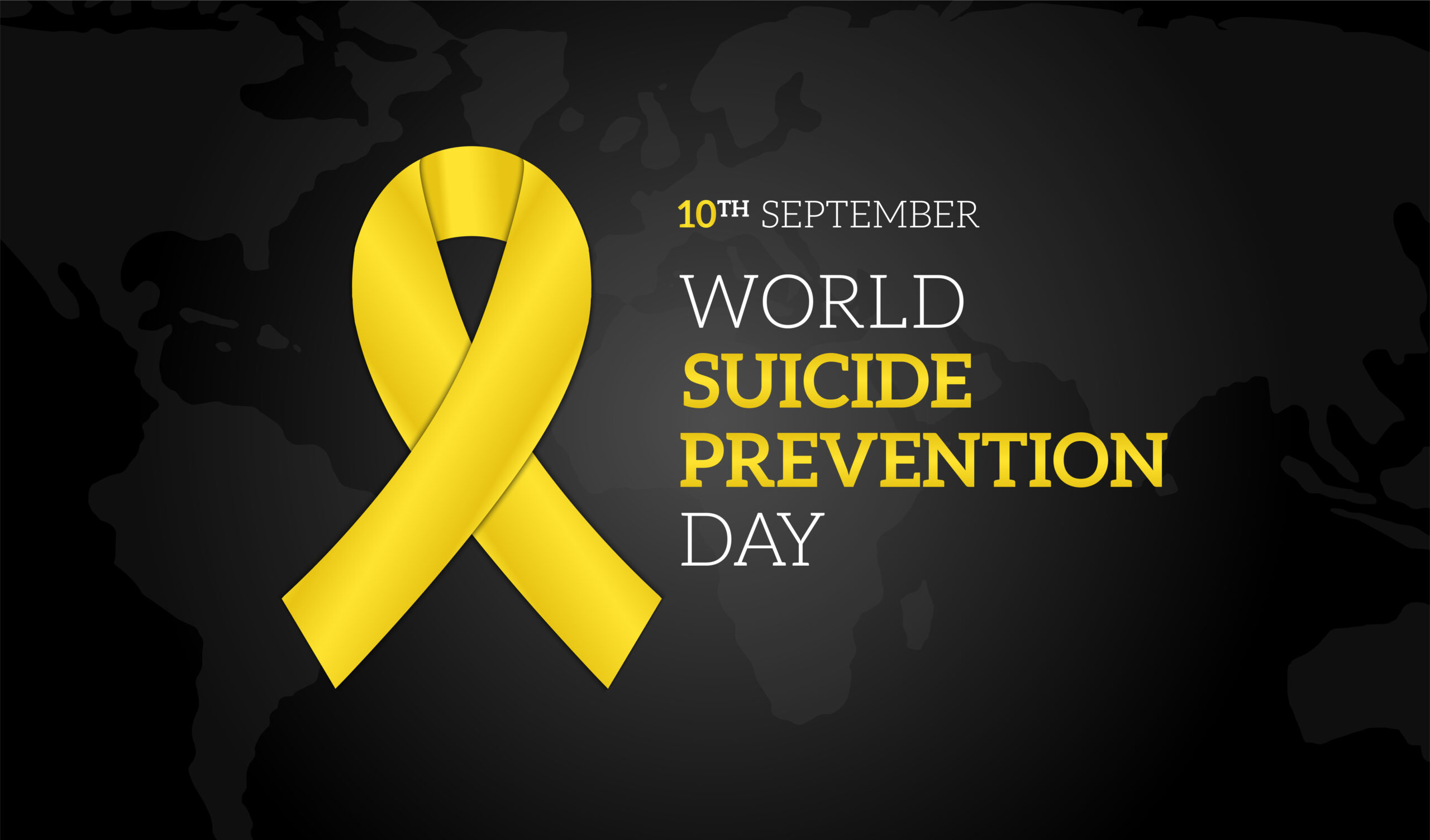
September 10th is World Suicide Prevention Day, dedicated to raising awareness and taking action against the tragic reality of suicide. This observance provides a critical opportunity to reflect on how mental and metabolic health intersect and how addressing both can play a crucial role in suicide prevention.
Suicide remains a leading cause of death in the United States, claiming over 48,000 lives each year. The Substance Abuse and Mental Health Services Administration (SAMHSA) reports that in 2021, approximately 12.3 million adults seriously considered suicide. While the factors contributing to these numbers are varied and complex, one area often overlooked is the connection between mental and metabolic health. Understanding and addressing this relationship can be a powerful tool in preventing suicide.
The Link Between Metabolic and Mental Health
As outlined in Brain Energy, there are strong connections between metabolic dysfunction and mental health disorders, including depression, anxiety, substance use disorders, and suicidality. Metabolic conditions such as mitochondrial dysfunction, insulin resistance, and obesity have been linked to neuroinflammation, altered neurotransmitter function, and impaired brain energy metabolism—all of which can contribute to mental illness.
Recognizing the Warning Signs of Suicide
To effectively prevent suicide, it is essential to recognize the warning signs in those around us—whether friends, family members, or coworkers. Some of these signs include:
- Expressing Hopelessness: Statements like “There’s no way out,” “I feel trapped,” or “I can’t go on” can indicate a person is feeling hopeless and may be considering suicide.
- Withdrawal: A sudden withdrawal from social activities, isolation from friends and family, or a lack of interest in previously enjoyed activities can be a red flag.
- Changes in Behavior: This can include reckless behavior, increased substance use, or significant changes in sleep patterns (either too much or too little).
- Talking About Death: Openly talking about death, dying, or self-harm can be a direct warning sign.
- Giving Away Belongings: This might be a sign that the person is preparing for the end of their life.
- Sudden Mood Swings: Drastic shifts from extreme sadness to calm or appearing unusually content after a period of depression can indicate someone may have made the decision to attempt suicide.
How to Talk to Someone at Risk
If you notice any of these warning signs, it’s vital to take action. Here are some strategies for talking to someone who may be considering suicide:
- Be Direct, but Gentle: Ask something like this: “Are things so bad that you’ve thought about harming yourself or ending your life?” This question can be difficult, but asking it shows that you care and are willing to listen.
- Listen Without Judgment: Offer a listening ear without interrupting or judging. Often, just being heard can make a significant difference.
- Express Concern and Care: Let the person know that you care about them and that their life matters to you. Phrases like “I’m really worried about you” can open the door to a deeper conversation.
- Avoid Minimizing Their Feelings: Don’t dismiss their feelings with phrases like “You have so much to live for” or “It’s not that bad.” Even though these phrases are intended to be helpful, they often make the person feel ashamed and defensive. Instead, acknowledge their pain and express your willingness to help them find support.
- Encourage Professional Help: Suggest they talk to a mental health professional and offer to help them find resources. Accompanying them to their first appointment can also be very supportive.
- Stay Connected: Keep in touch with the person, check in regularly, and continue offering your support. Knowing someone cares can be a powerful deterrent against suicide.
Comprehensive Approaches to Suicide Prevention
Considering the strong link between mental and metabolic health, a holistic approach to suicide prevention that addresses both is essential. Strategies may include:
- Nutrition and Lifestyle: Encouraging a diet rich in whole foods and low in sugars and ultra-processed foods can stabilize mood and improve both metabolic and mental health. More specific dietary interventions, like the ketogenic diet, may play a role for some people with serious mental health challenges.
- Exercise: Regular physical activity can enhance mood, reduce anxiety, and improve metabolic health.
- Sleep Optimization: Prioritizing good sleep hygiene helps regulate hormones and neurotransmitters critical for both metabolic and mental well-being.
- Social Support: Building and maintaining strong social connections are crucial in suicide prevention. A supportive community can encourage healthier lifestyle choices, provide a sense of meaning and purpose, and offer emotional support.
- Reducing Substance Use: Reducing the use of substances like alcohol and drugs is vital, as substance use often plays a significant role in suicides. Addressing substance use issues can lower the risk of impulsive behavior and improve both mental and metabolic health.
- Access to Mental Health Services: Ensuring that individuals at risk have access to comprehensive mental health care that includes metabolic assessments can be life-saving.
A Call to Action: Working Together to Save Lives
As we observe World Suicide Prevention Day, it’s important to remember that we all have a role to play in saving lives. By recognizing the intersection of mental and metabolic health, we can adopt a more comprehensive approach to suicide prevention. Encouraging healthy lifestyle changes, fostering supportive communities, and advocating for better access to mental and metabolic health care can make a profound difference.
This month, let’s commit to working together to improve both the mental and metabolic health of our communities—not just to enhance well-being, but to save lives. The stakes are high, but with a collaborative and comprehensive approach, we can make a significant impact in the fight against suicide.
For more information and resources on suicide prevention, visit SAMHSA’s Suicide Prevention Month page.


